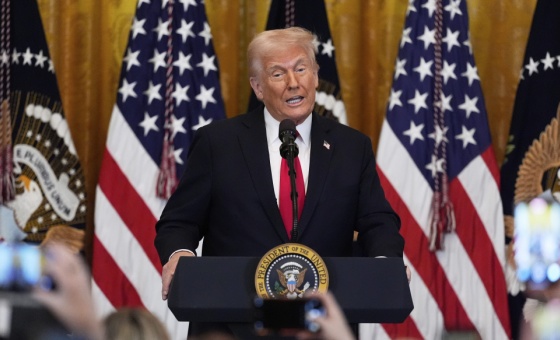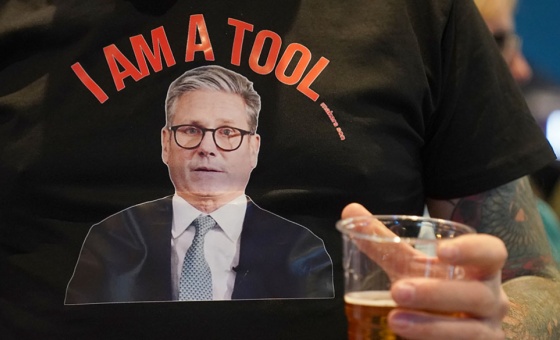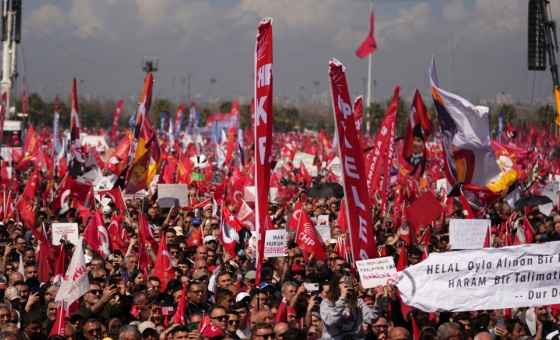INTERNATIONAL Women’s Day 2023 comes as anger at women’s oppression, exploitation and murder at men’s hands is erupting worldwide.
Whether in the Woman, Life, Freedom movement defying theocratic rule in Iran or mobilisations to resist attacks on reproductive rights in the United States, we see women telling patriarchal oppressors that enough is enough.
Britain is no exception. The shockwaves have not dissipated that followed the murder of Sarah Everard by a Met police officer in 2021, prompting huge women-led demonstrations outside Parliament to demand real action against rape and femicide.
A string of further outrages has dogged the police ever since: two officers jailed for taking and sharing photographs of murdered sisters Nicole Smallman and Bibaa Henry, the strip-search of black schoolgirl “Child Q” at an east London school last year, the 17-year spree of rapes, assaults and terrorising behaviour toward multiple women by officer David Carrick, jailed for life last month.
Excuses about “bad apples,” official apologies and government inquiries follow: but all the while the government hands power after power to a police force riddled with violent misogyny.
There is no point saying lessons have been learned while awarding sweeping discretion to police officers to shut down protests they deem a “nuisance” and arrest demonstrators “before disruption begins.” A state that tramples on our rights as citizens gives free rein to its enforcers to abuse the rights of women and ethnic minorities.
Across wider society, a political elite who talk the talk on equality have presided over years of crippling cuts to services that hit women hardest of all.
That applies to victims of domestic violence: the David Cameron and Theresa May administrations slashed central government council funding by a huge 49 per cent. Two-thirds of local authorities reduced funding for women’s refuges as part of budget cuts in consequence.
And as Hailey Maxwell argued earlier this week in the Morning Star with regard to Scotland, the impact of cuts across the board can pose a particular danger to women.
Councils which cut street lighting make it less safe for women walking after dark. Attacks on the roles of guards and conductors on public transport by profit-hungry private contractors or penny-pinching government departments make travelling alone potentially more dangerous.
Council cuts hit a largely female workforce too: almost four-fifths of local government employees are women. Councils have been cutting roles entirely or outsourcing them, something the Women’s Budget Group warned in 2019 had had “a very negative impact on the pay, conditions and pensions of council and school workers — predominantly women.”
This devastating picture continues in the private sector. The explosive rise of “gig economy” jobs and zero-hours contracts are recipes for the abuse of workers by managers — when your boss doesn’t even need a reason to cut your hours, will you risk speaking out about it?
That abuse can extend to horrendous sexual harassment, as recently exposed at McDonald’s.
The difficult truth is that progress on ruling-class women’s representation in boardrooms or round the Cabinet table means less than nothing to working-class women in the context of a general assault on the working class. The super-exploitation of women has got worse in the last 13 years.
It is a unionised workplace that gives women workers the power to confront abusive bosses, just as it is unions fighting for equal pay from Birmingham to Glasgow.
The Tories like to boast of being the only party to have provided Britain with female prime ministers — and UK Labour’s lack of a female leader to date is an embarrassment.
But the reality is you cannot be a feminist and anti-union. As the class war intensifies, the fight for equality and women’s liberation is bound together with that of the labour movement.











